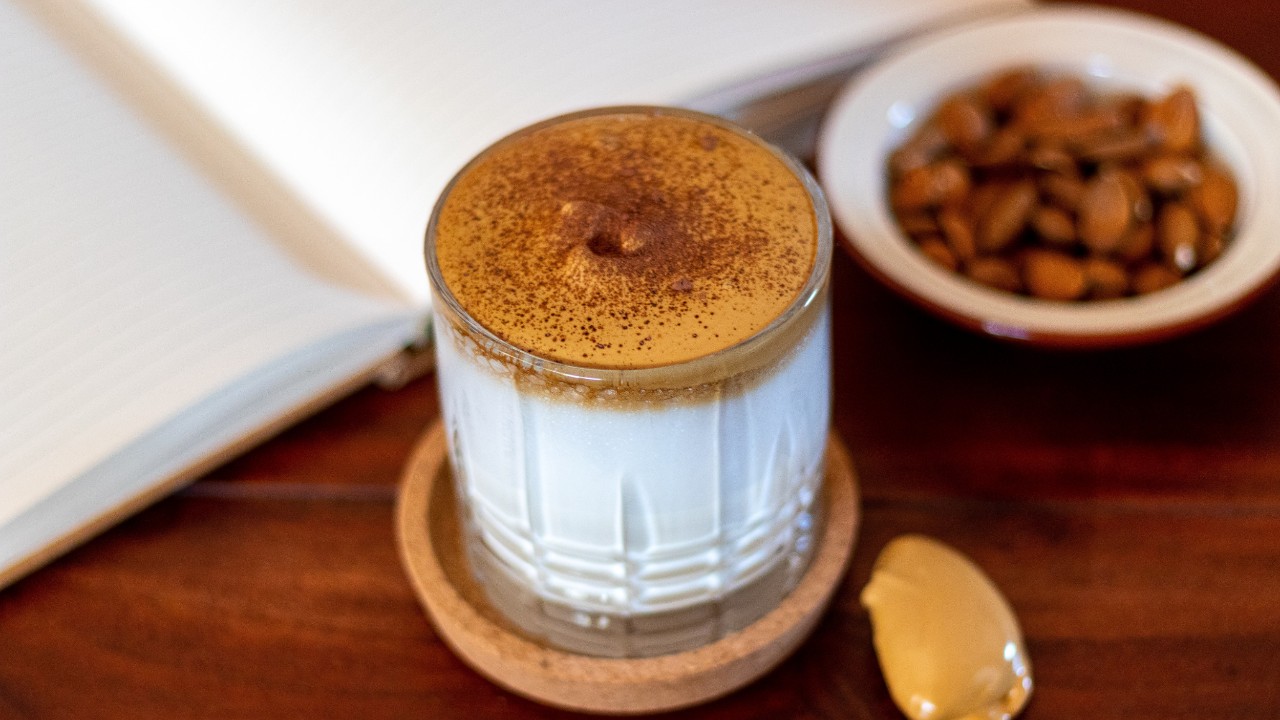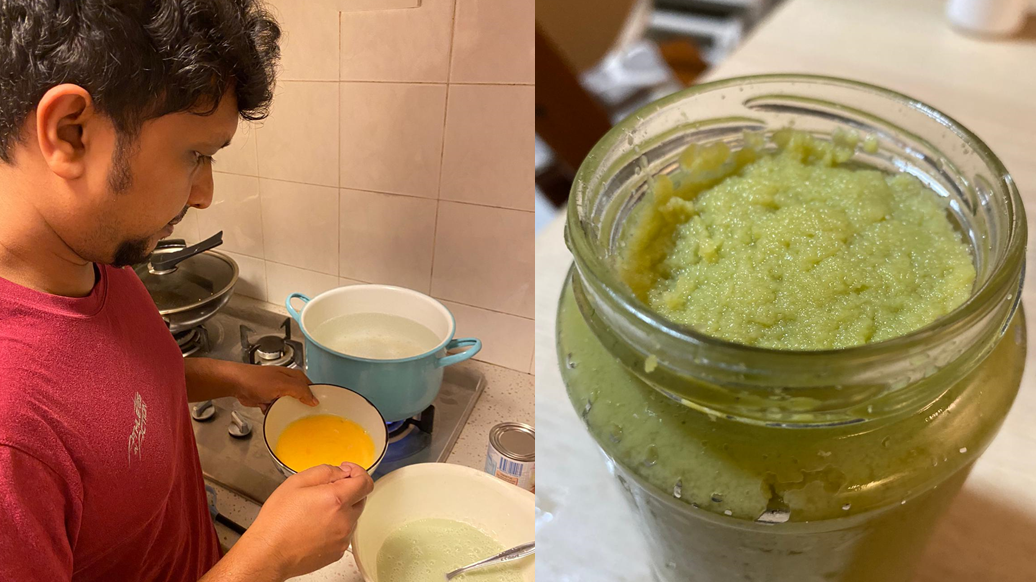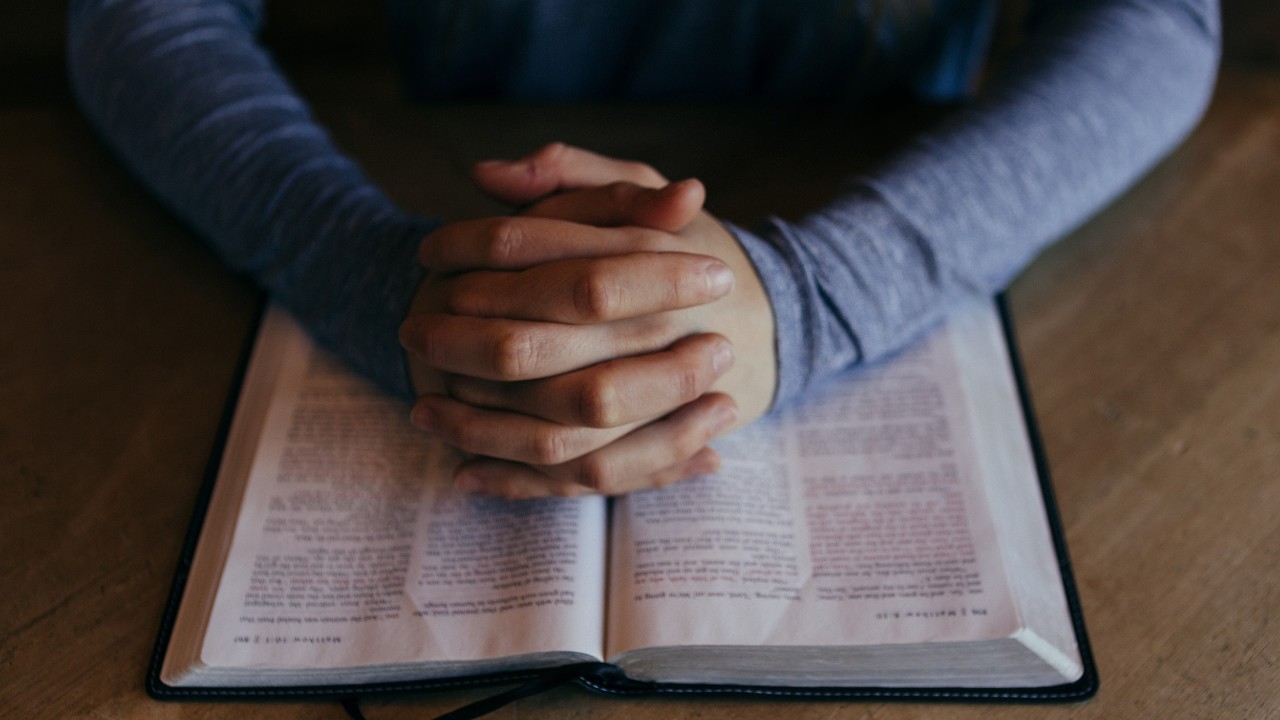
On the 2001 electronic hit “Harder, Better, Faster, Stronger”, the heavily processed voices of French musical duo Daft Punk sing its chorus:
“Work it harder/ Make it better/ Do it faster/ Makes us stronger”.
The song was released almost 20 years ago, and yet its lyrics still continue to be the new decade’s axiom for productivity. With the introduction of work-from-home (WFH) arrangements during the current COVID-19 pandemic, some have claimed to enjoy a better work-life balance while others lament that this “balance” has been further mythicised.
This obsession with increased productivity has sometimes even crept into our leisure in this season – all in the name of “self-development” and “self-care”, of course. Whether it’s making dalgona coffee and sourdough starters or KonMari decluttering sessions and re-growing scallions, we have our ways of not allowing the pace of life to let up, just because we’re in quarantine.
Now, there’s nothing inherently wrong with these pursuits. Rather, it’s our hearts’ restlessness that precipitates this endless flurry of activity, that is. As others find themselves in some form of lockdown hustle, I think God’s still calling His people to pursue another form of self-improvement in this pandemic. One that’s not antithetical to productivity but good for the soul.

I turned to my colleagues in Cru Singapore’s campus ministry, Ivin Vikesh and Rebecca Kwa, to ask what spirituality looked like for them during the circuit breaker. When time continues to be more amorphous than before the pandemic, with weekdays blurring into weekends, how do we navigate through those moments of isolation and care for souls?
Other campus staff and I agree that Ivin and Rebecca are amongst the most sociable and people-oriented people in our staff family. So while the circuit breaker was the stuff of my dreams as a self-professed introvert/homebody, I was curious to find out these two staff engaged in soul-care in the last two months.
A godly kind of pleasure
The Gospel Coalition writer Daniel Patterson talks about how more than ever before, we need to be nourishing our souls through personal time with Jesus in the Word and prayer, as well as staying connected with the church digitally. Yet he also points out that both personal hobbies and nurturing our physical bodies are also a big part of soul care.
In Rebecca’s case, she discovered during the circuit breaker that baking, reading and tending to her plants brought a lot of joy to her soul. And as someone who’s more extroverted, catching up with friends online and blessing them with a meal delivery also energised her.

Rebecca doing some cooking at home
Ivin, on the other hand, returned to some of his passions during the circuit breaker. He recounts how at a silent retreat with his ministry team two years ago, God impressed upon his heart to engage in three specific activities regularly to connect more deeply with Him. These activities weren’t the typical habits of grace one might expect, such as prayer or meditating on God’s Word.
Instead these are:
Since God had led him to tend to his soul through his own love for cooking, what would otherwise be slaving over a hot stove for most people was, in fact, pleasurable for Ivin. His recent culinary exploit was cooking mee siam – a process that is notoriously laborious and time-consuming. Yet Ivin describes it as something that made him “alive”.

Ivin making kaya at home
Interestingly, one of my favourite chapters from Mark Buchanan’s The Rest of God explains this revitalising quality of play and why that’s integral to the Christian life:
“If there’s one god of the age that Christians especially pay homage to, it’s the god of utility. Everything we do we seek to justify on the grounds of its usefulness… What’s missing is a theology of play. There are many things – eating ice cream, diving off cliffs, sleeping in Saturday mornings, learning birdcalls, watching movies – that can’t be shoehorned into a utilitarian scheme… But they just might make us feel more alive, more ourselves and that’s use enough.”
I’d humbly submit that we Singaporean Christians aren’t just utilitarian; we live and contribute to a national culture’s that’s highly pragmatic to boot. In Liturgy of the Ordinary, Tish Harrison Warren writes that while the church has been known to be “antipleasure”, it, in fact, has been a pioneer in “the art of enjoyment and pleasure”. She shares how coffee culture was developed by the church (it was first invented by Ethiopian monks) and that “coffee is born of extravagance, an extravagant God who formed an extravagant people, who formed a craft out of the pleasures of roasted beans and frothed milk.”
More than just textbook spirituality
As we talk about the impact of these activities on their individual journey with God, Ivin brings up the familiar Sunday school ditty “Read Your Bible, Pray Every Day”. He says it’s the “ten-year series” answer to how one can grow spiritually - that engaging in these two spiritual disciplines daily will help you “grow, grow, grow”.

To be fair, the song helps kids remember the ordinary means of grace God has given to help us mature in Christ, in a fun and straightforward way. I’ve not tried my hand at Sunday School song-writing but incorporating complex theology using a child’s limited vocabulary doesn’t seem like an easy feat.
Still, for those further down the journey of being disciples of Jesus, this classic, perhaps, oversimplifies the process of sanctification. It obscures many other means we have been provided (and must rely on) to grow. Sanctification here appears to be a solo endeavour (versus a community project involving the larger body of Christ) that’s been severed from the Holy Spirit’s work in our hearts. Less conventional ways of connecting with God (like Ivin and Rebecca’s) are, of course, left out of the picture, such that Christian spiritual formation is boiled down to a tidy little formula.
In reality, God has actually called us to glorify Him even in our eating and drinking – the very activities that seem most devoid of spiritual meaning (1 Corinthians 10:31). I see that clearly in how God has used cooking as an instrument to develop Rebecca’s sense of patience. Likewise, Ivin recounts how over the chopping of vegetables and stirring pots of stock, he finds himself slowing down and talking with the Lord.
This communion with Him shows up even in leisure forms that we might debase and write off as “time-wasters”.

“I’m seeing more of how the Word of God is relevant to every aspect of my life,” Rebecca says.
“For example, as I’m watching a Netflix show to relax, I’m seeing how themes that are Christian in nature are being weaved into the main storyline. Or I’ll notice how far off the portrayed culture is from God’s standard. That then leads me to a place of prayer I’ve never really gone to before.”
In the event of another circuit breaker…
I can imagine you might want to tear your hair out if we had every single circuit breaker measure back in full force. But Trevin Wax notes in his excellent article that we shouldn’t forget the lessons God has taught us in these times of quarantine. There’s wisdom when he asks:
“If you knew another season of quarantine was coming, what practices would you put in place? What spiritual disciplines would you focus on? What changes would you make, so that the quarantine would be a means to mortifying sin and exalting Jesus?”

I think of how Rebecca shares that God led her to do some spiritual stock-taking of her life during the circuit breaker:
“When everything stopped because of circuit breaker, I was faced with the question: ‘what does my walk with God look like apart from ministry activities and meetings?’ I was pushed to seek Him even more in my own personal space. Dallas Willard once asked, ‘Does our mind spontaneously return to God when not intensely occupied, as the needle of the compass turns to the North Pole when removed from nearer magnetic sources?'"
We need to be acutely aware of the perilous ease of reverting to old ways before the COVID-19 pandemic began and the accompanying quarantine that kicked in. The acid test for Ivin, Rebecca, and the rest of us, would be how we’ll live post-circuit breaker. Will we have ourselves enslaved to the idols of productivity once again? Or will we choose to be yoked with Jesus and follow His unforced rhythms of grace (Matthew 11:28 – 30, MSG)?
Before we enter into the third and last phase of Singapore’s reopening, I’d say that to give some thought to these questions is far from exercising too much caution. Instead, it’s a choice to apply godly foresight as well as to love and glorify God in every season.
Now that’s something worth raising a toast to and celebrating.

Ashley has been on staff with Cru Singapore for the past eight years. When she first joined the NTU Cru ministry as a freshman, she had hardly any notion of what the Great Commission was about. A lot has changed since then – helping people discover Jesus and grow as His disciples is now the thing that makes Ashley tick. She also loves reading, dogs and beautiful typography.
©1972-2025 Cru Singapore. All Rights Reserved.